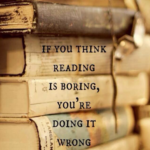Woody’s new novel “The Butterfly Tree” is available at Amazon (click here), other online retailers, and orderable at all bookshops.
* * *
With graduation season upon us, I would like to share with the Classes of 2025 an excerpt from my novel “The Butterfly Tree.”
*
“Where’re we going, Grandpa?”
“It’s a surprise,” Tavis told his nine-old twin grandsons riding in the backseat.
“Give us a hint,” Moswen pleaded.
“What’re we gonna do when we get there?” Lemuel joined in.
“Catch stones,” Tavis said, sunshine in his voice. “You’re gonna be Stonecatchers.”
“That sounds dangerous,” Lem said warily.
“And fun!” Mos animatedly added.
Tavis glanced in the rearview mirror at the boys; their smiles contagiously jumped to his lips.
“Grandpa, are you a Stonecatcher?”
“I try to be,” Tavis said.
“Do you catch the stones with a baseball mitt?”
“We didn’t bring our mitts.”
“You won’t need your baseball gloves,” Tavis assured.
“Who throws the stones?”
“Do they throw ’em hard?”
“Are the rocks big?”
The questions came like pitches in an automated batting cage with too little time between for answers.
“Time out, time out!” Tavis interrupted. “Listen up and I’ll tell you all about the mysteries of being a Stonecatcher.”
Mos and Lem leaned forward against the restraint of seatbelts, eager to hear a magical tale.
“Stonecatchers don’t actually catch stones,” their grandpa began. “Well, I suppose a long, long time ago they did and that’s where the name comes from. When someone hurled a stone at a person who was unable to defend him or herself, the Stonecatcher jumped in and caught the flying rock.
“But nowadays a Stonecatcher is someone who helps another person who is defenseless or in need – like protecting them from a bully, or buying a homeless person a meal, or donating blood to save someone who’s ill. You can think of a Stonecatcher as a Good Samaritan.
“Lem – Mos – you boys come from a long proud heritage of Stonecatchers.”
“We do?” they said in stereo.
“Oh, yes,” Tavis resumed. “Your many greats-great-grandfather, Dr. Lemuel Jamison, was a Stonecatcher who adopted identical twins when they lost their mother and father. He had actually saved the twins’ lives when they were born and thus they were named Jamis and Lemuel – your namesake, Lem – in his honor.
“Those twins’ real father, Tamás – that’s where your middle name comes from, Mos – was a Stonecatcher by helping your five-times-great-grandfather, Sawney Jordan, escape from slavery on the Underground Railroad. Sawney, in turn, was a fearless Stonecatcher because he swam into bullet fire trying to rescue Tamás who had been shot.
“Yes, the Jamisons and Jordans have been filled with Stonecatchers. Your Grandpa Flynn was a Stonecatcher for America in the Vietnam War. And Grandma Love was a Stonecatcher for your daddy when he was young and lost and needed a roof over his head – and, most of all, needed some love.
“I’m definitely proud of the Stonecatchers your parents are. They’re always helping others in big ways and little ways – sometimes it’s the small acts that turn out to be the biggest ones.
“For example, it’s hard to imagine a simple Hello, how’re you doing today? being important. But to someone who’s having a bad day, that small gesture can mean the world.
“I read a story about a boy who was planning to run away from home because he had no friends. That very day at school, during lunch, a classmate saw him sitting off by himself and went over and ate with him. They had a nice conversation and the dejected boy changed his mind because he no longer felt so lonesome. You see, being a Stonecatcher doesn’t always require bravery – sometimes kindness is all that’s needed.
“Mos – Lem – I expect you boys to be Stonecatchers. I want you to go sit with the person who’s all alone. I want you to cheer for the teammate who rarely gets off the bench. I want you to stand up to the bully who picks on others.
“And right now, I want you to help me paint the kitchen for a lovely elderly lady. Her name is Jewell. That’s how we’ll be Stonecatchers today.”
*
Dear newly minted graduates, as you venture out into the world and pursue your dreams, please be Stonecatchers along the way.
* * *
Essay copyrights Woody Woodburn
Woody’s new novel “The Butterfly Tree” is now available in paperback and eBook at Amazon (click here), other online bookstores, and is orderable at all bookshops.
*
Woody writes a weekly column for The Ventura County Star and can be contacted at WoodyWriter@gmail.com. Follow him on Twitter and Instagram at @woodywoodburn.

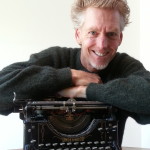

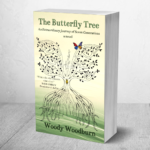


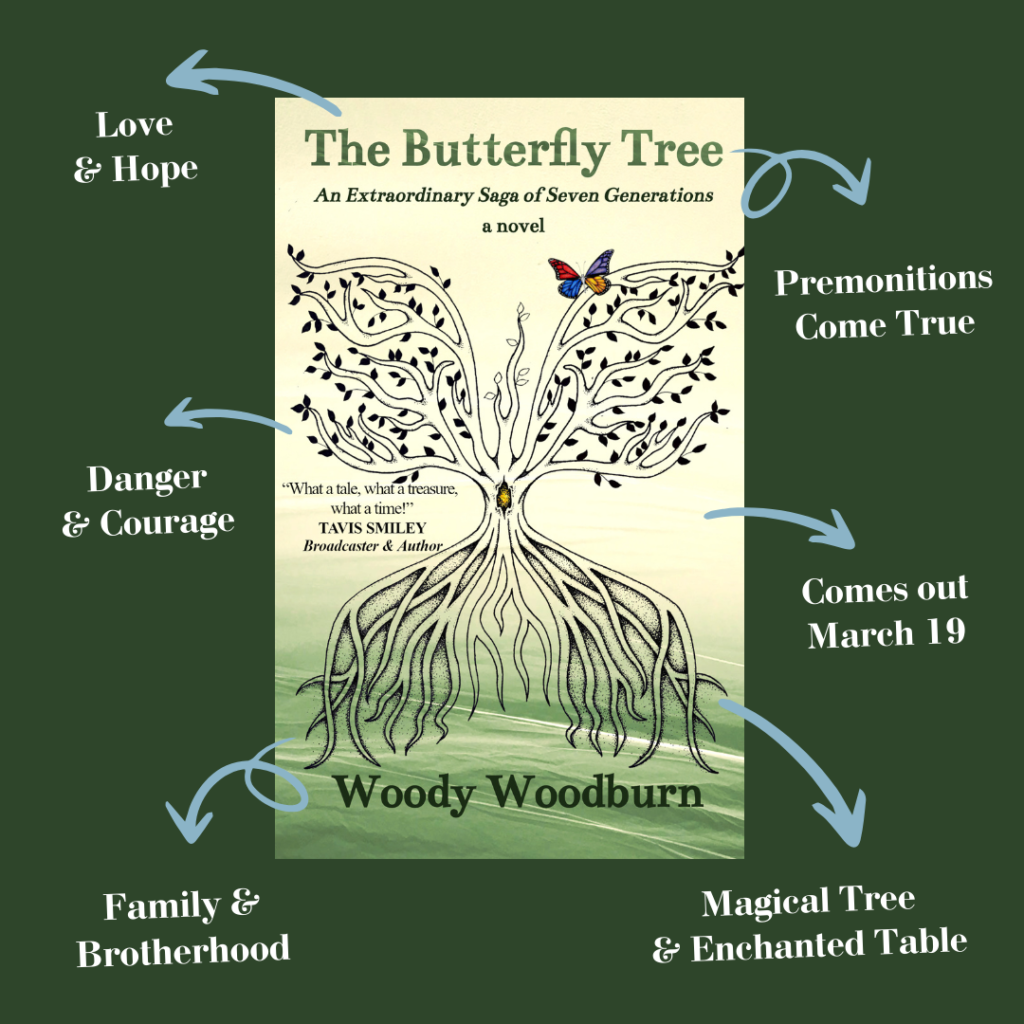
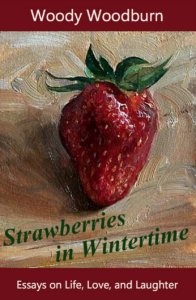
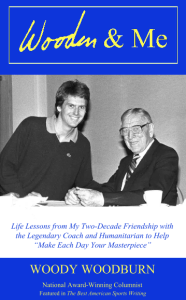
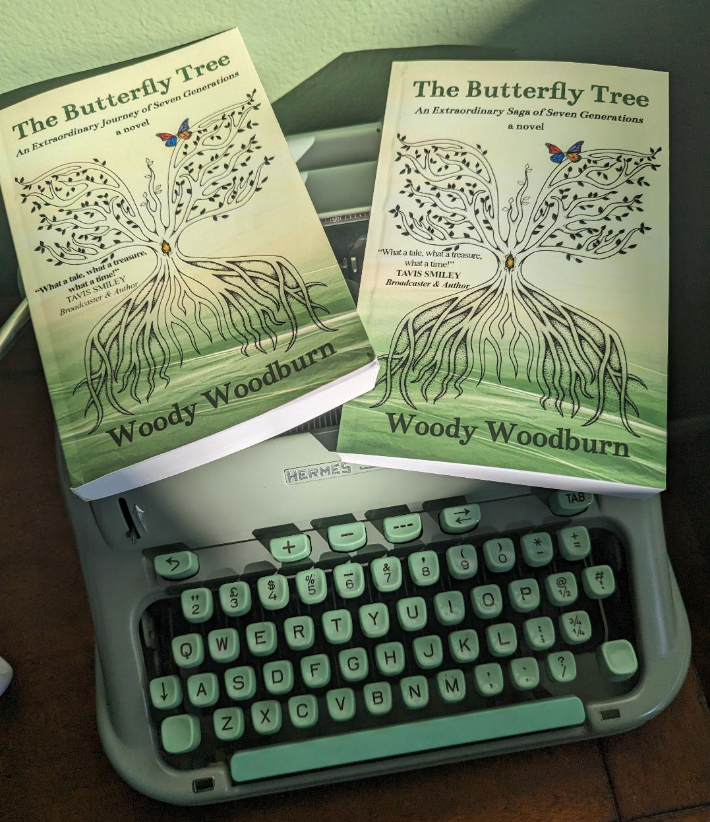
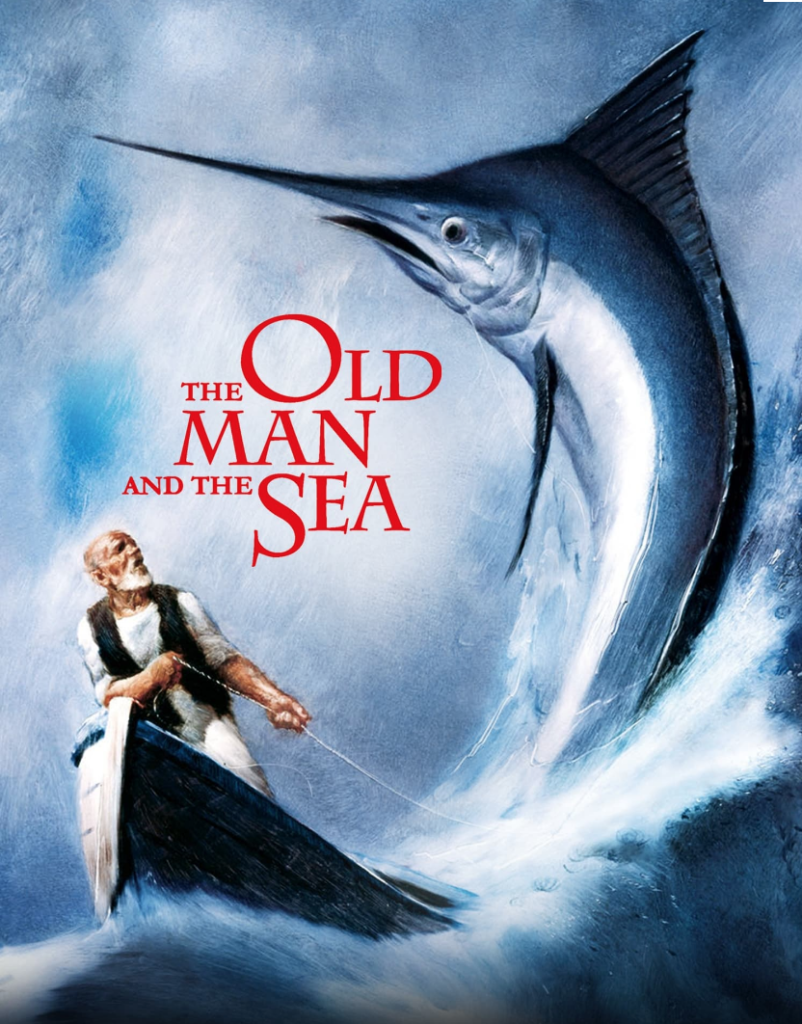
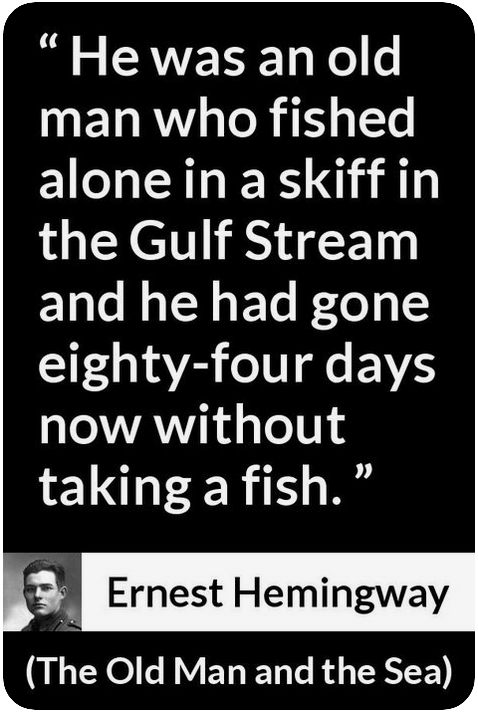

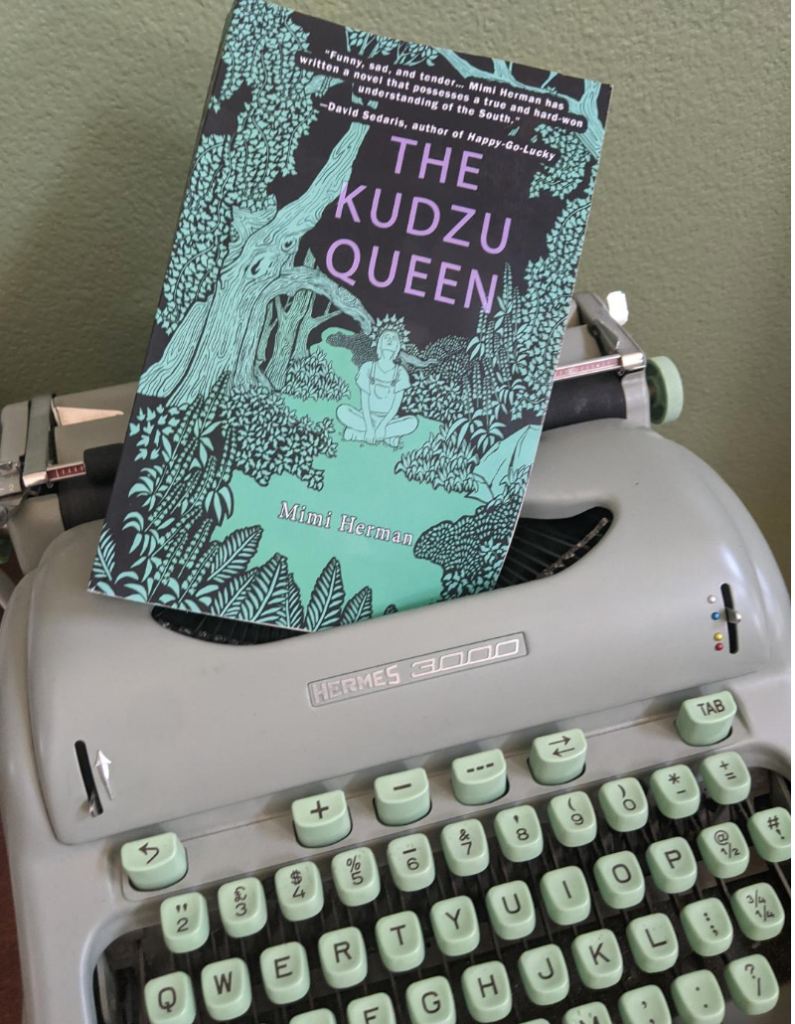
 “84, Charing Cross Road” by Helene Haff is another absolutely charming little book that will be especially loved by those who adore bookstores. This London “Road” led me to Haff’s “Q’s Legacy: A Delightful Account of a Lifelong Love Affair with Books,” a sequel that is actually a prequel. Both are quite enjoyable, but if you only read one of the two go with “84.”
“84, Charing Cross Road” by Helene Haff is another absolutely charming little book that will be especially loved by those who adore bookstores. This London “Road” led me to Haff’s “Q’s Legacy: A Delightful Account of a Lifelong Love Affair with Books,” a sequel that is actually a prequel. Both are quite enjoyable, but if you only read one of the two go with “84.”